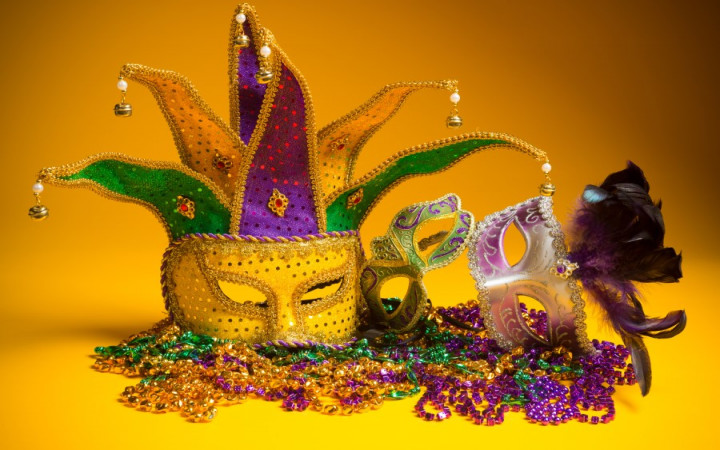Today’s Wonder of the Day was inspired by Noah. Noah Wonders, “What is Mardi Gras” Thanks for WONDERing with us, Noah!
Hurray! It's Tuesday! How often do you hear that? If you've had a bad Monday, then maybe Tuesday rolling around might brighten your spirits. Otherwise, Tuesday usually doesn't get too much attention.
That is, unless it's Fat Tuesday, otherwise known as Mardi Gras! Mardi Gras is a celebration held every year on the Tuesday before the Christian holy day known as Ash Wednesday. Mardi Gras is celebrated around the world and, in some places, is known as Carnival.
In the United States, Mardi Gras is associated primarily with New Orleans. In fact, Louisiana is the only state in the country that makes Mardi Gras an official holiday. Historians believe Mardi Gras came to the area when French explorers settled there in the early 18th century.
Experts trace the roots of Mardi Gras back thousands of years to pagan celebrations of the coming of spring, such as the ancient Roman festival called Saturnalia. When Christianity arose, early church leaders incorporated these local traditions.
Mardi Gras occurs right before the start of the 40-day season Christians call Lent. It's a time of reflection and fasting leading up to Easter Sunday. With several weeks of Lent ahead, it became common for people to celebrate and overindulge themselves the day before. This tendency is what probably led the French to call the celebration Mardi Gras or “Fat Tuesday."
In the U.S., the most elaborate celebration of Mardi Gras takes place each year in New Orleans. For hundreds of years, the city has celebrated Mardi Gras with huge dinners, lavish parties, and street parades.
Other famous aspects of Mardi Gras celebrations include cheap beads and trinkets that are thrown from parade floats to the people watching the parade and people wearing elaborate masks and costumes. You'll also see people eating special Mardi Gras foods, such as King Cake.
Although Mardi Gras draws thousands of tourists to New Orleans every year, the festivities are mainly planned and executed by the thousands of local residents who belong to private clubs known as krewes. Experts believe as many as 60 krewes participate in Mardi Gras planning each year.




